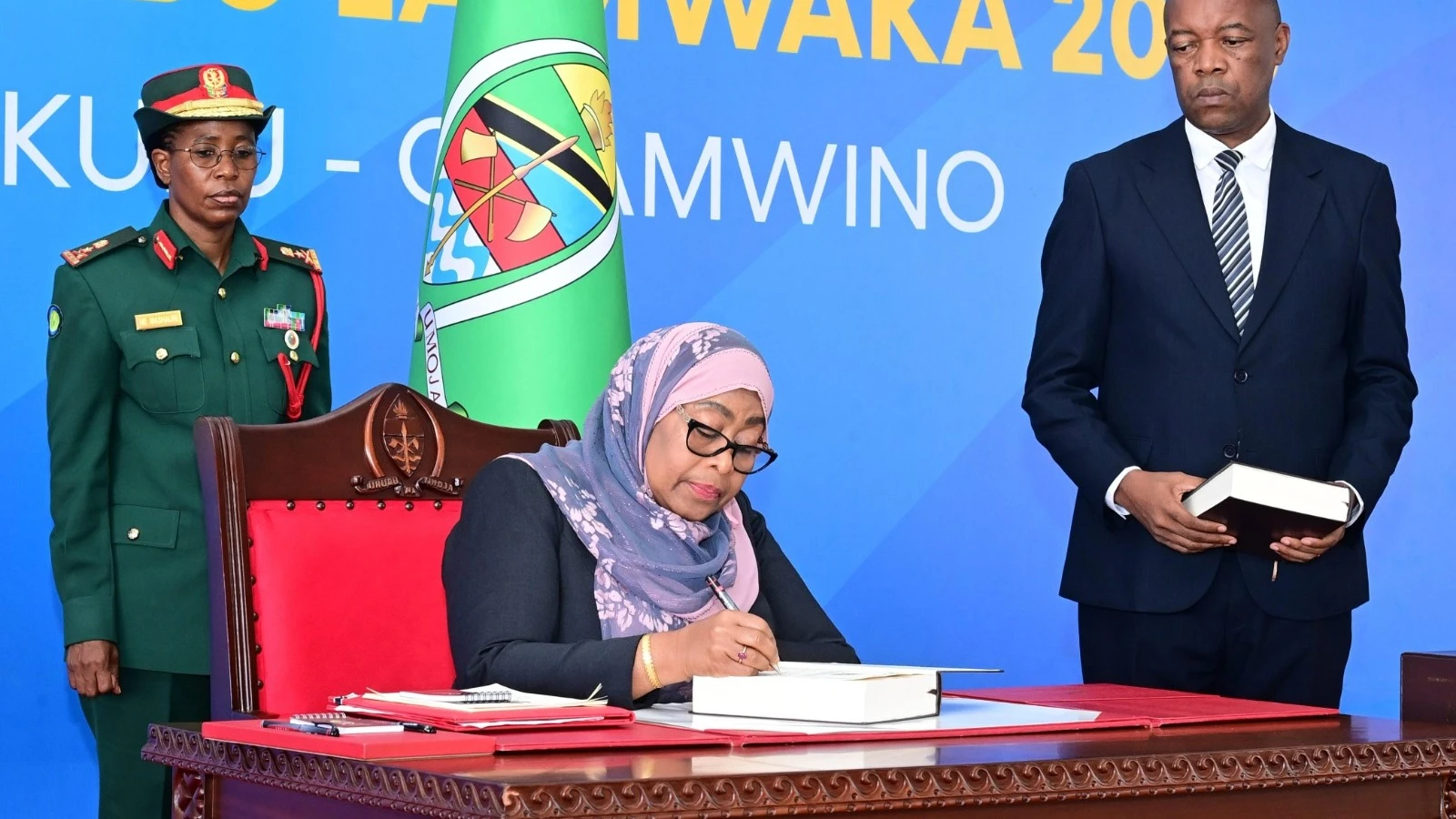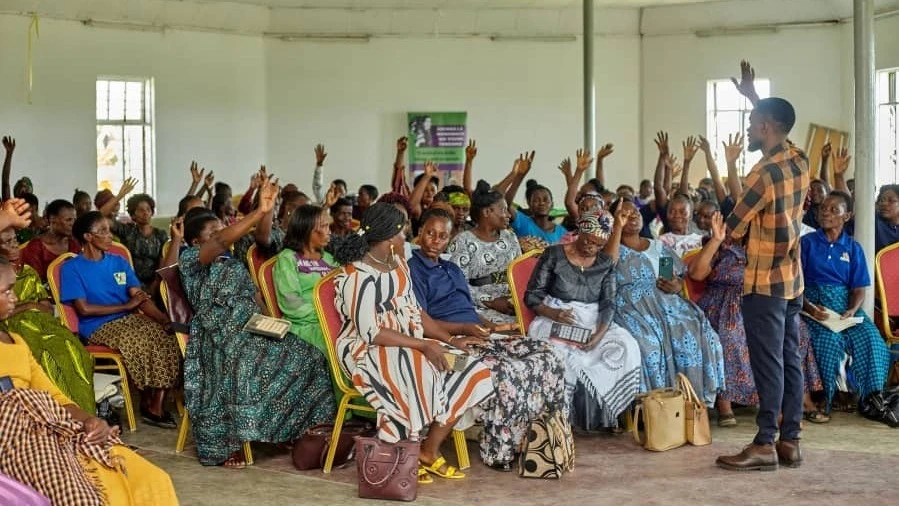Samia unveils new edition of refreshed laws costing 10bn/-

THE newly launched 2023 revised edition of laws, costing a total of 10bn/-, underscores Tanzania’s growing ability to independently manage complex national projects that once relied on foreign support, the government has affirmed.
President Samia Suluhu Hassan made this observation here yesterday at the launch of the revised edition, the most comprehensive update of Tanzania’s legal framework since 2002, reaffirmed the government’s strong commitment to legal reform and the strategic use of domestic resources to drive national development.
The president underscored the significance of homegrown solutions in shaping the nation’s progress, while stressing the historic character of reissuing new editions of the country’s laws.
The exercise was successfully completed using government funding and implemented exclusively by local legal experts over a four-year period. “The completion of this legal revision marks a major milestone in our nation’s governance journey,” she stressed.
“It reflects our resolve to build internal capacity and pursue sustainable, homegrown solutions to national challenges,” she specified, noting that issuing a new edition is aligned with the broader agenda of strengthening institutional independence, promoting good governance and enhancing transparency.
“This time, by relying entirely on our internal resources—both financial and human—we are demonstrating our national maturity and confidence in our own capabilities,” she further noted.
The 2023 Revised Edition of Laws consolidates 446 principal legislations into 21 volumes and incorporates 171 new laws enacted between 2002 and 2023. The process involved harmonizing overlapping legal texts, correcting editorial errors and updating outdated legal provisions to reflect Tanzania’s current social and economic landscape, officials said.
The president underscored that a modern, coherent legal system is foundational to justice, public participation and economic progress. “A well-structured legal framework empowers citizens, promotes public trust, and is a key driver of national development,” she emphasised.
She urged stakeholders to embrace and utilize the revised legal framework, asserting that legal reform is a testament to Tanzania’s determination to build a just, modern and self-reliant nation.
The Attorney General’s Office needs to complete the translation of Tanzanian laws into Kiswahili, including the new compendium of revised laws in its 2023 edition, she stated.
A system needs to be established to ensure easy public access to the updated laws—digitally and in print—to promote awareness and understanding of citizens’ rights, she asserted.
“Laws reflect a nation’s civility. Without clear laws, justice cannot prevail. If the law is not accessible, the protection of rights is uncertain, which undermines peace and hampers economic activity,” she further noted.
Delays in publishing revised volumes of laws deny citizens their rights, as those responsible for decision-making may be unaware of newly enacted legislation. The availability of the 2023 Revised Edition will help remedy this by consolidating all 446 principal laws into a single, well-organized and easily accessible reference, the president noted.
Access to the revised edition will reduce the time courts spend researching legal precedents, enhance transparency, build public trust in the government, curb abuse of power by closing legal loopholes that enable corruption, and strengthen the rule of law, she stated.
In turn, this situation will elevate Tanzania’s standing economically, politically and socially, she said, while Attorney General Hamza Johari, who presided over the revision process, hailed this achievement as a reflection of institutional growth.
The project was a direct outcome of changes within the Attorney General’s Office, including expansion of its workforce and investment in internal legal capabilities, he said.
“Unlike the 2002 revision funded by the World Bank, this exercise was entirely financed through government revenues,” he said, noting that it represents a major shift towards self-reliance in managing our legal systems.
The revised laws are set to come into force on July 1, serving as a vital reference for legal practitioners, the judiciary, government institutions, educators and the general public, he added
Top Headlines
© 2025 IPPMEDIA.COM. ALL RIGHTS RESERVED






















